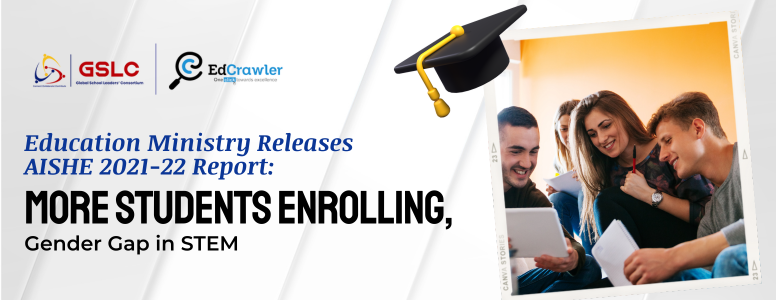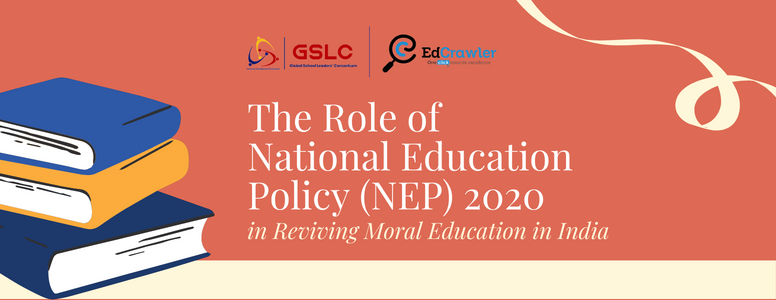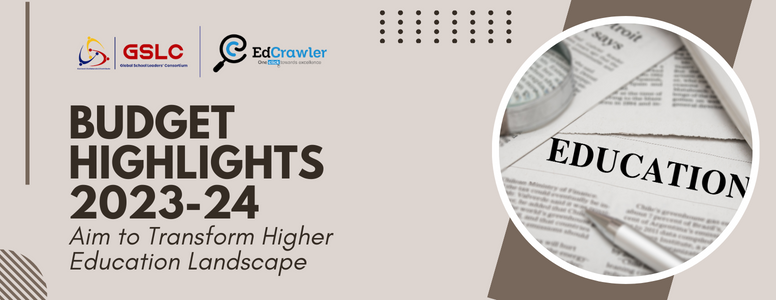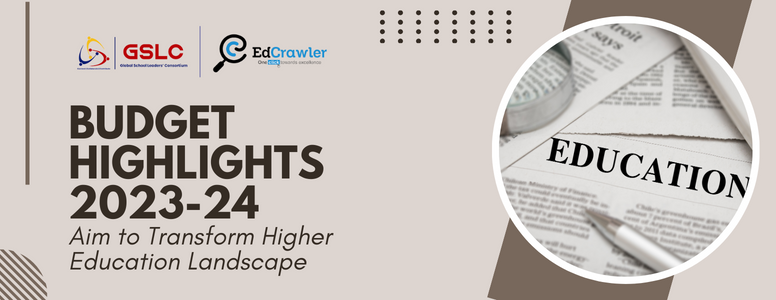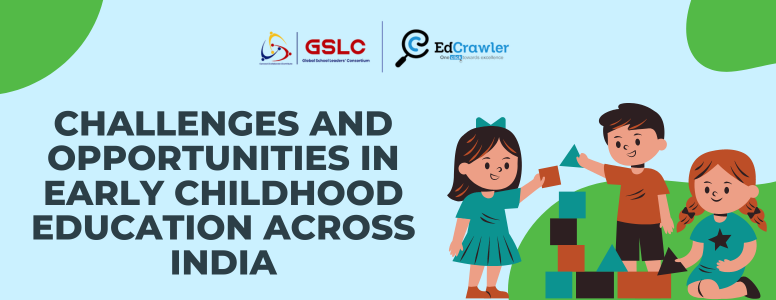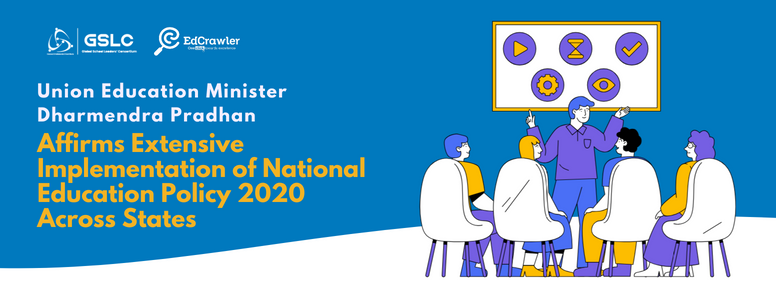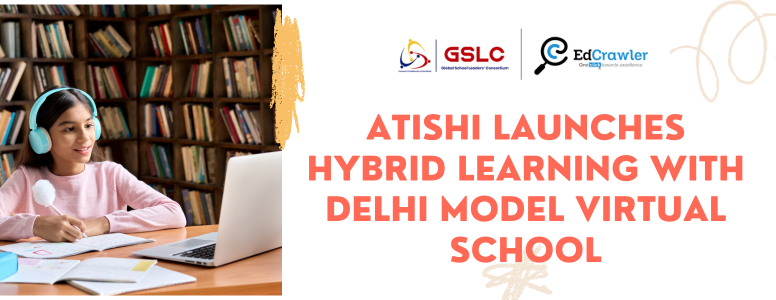Transforming Education: The Crucial Role of Implementing NEP 2020 Reforms
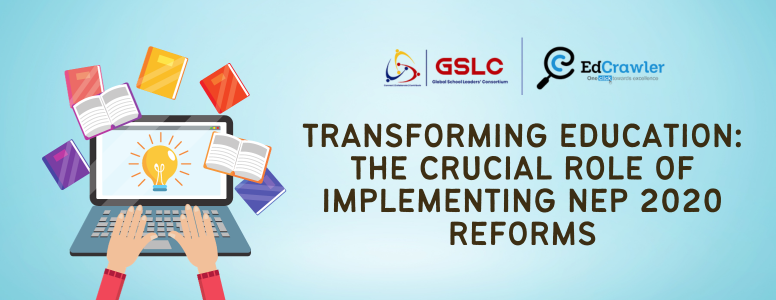
The National Education Policy (NEP) 2020 is heralded as a groundbreaking step towards reshaping India's educational landscape. This visionary policy aims to revolutionize the education system by emphasizing holistic learning and critical thinking, addressing long-standing issues such as rote memorization, outdated curriculum, and insufficient teacher training.
However, the success of this ambitious initiative hinges on the prompt and committed execution of its reforms to prevent them from losing their impact. The urgency of swift implementation cannot be overstated.
NEP 2020 advocates for a multidisciplinary approach, prioritizing practical knowledge and life skills over an overwhelming curriculum. This necessitates updates to textbooks, revisions of syllabi, and comprehensive teacher training to enable effective teaching methods.
Empowering teachers is central to this reform. Continuous professional development, including workshops, seminars, and online training programs, is crucial to equip educators with innovative teaching techniques.
The integration of technology is pivotal for improving the quality and accessibility of education. NEP 2020 encourages the use of digital tools for blended learning, emphasizing the need for schools to invest in infrastructure and ensure that both teachers and students are proficient in utilizing technology.
Early childhood education is recognized as vital for lifelong learning. NEP 2020 underscores the importance of high-quality preschool education, particularly for children from disadvantaged backgrounds.
Inclusivity is a key focus of NEP 2020, with an emphasis on catering to children with special needs and disabilities. This requires inclusive infrastructure, curriculum adaptations, and creating a sensitive learning environment.
Despite its visionary nature, NEP 2020 faces challenges such as bureaucratic obstacles, funding constraints, resistance to change, and the need for grassroots awareness.
To overcome these challenges effectively, a multifaceted approach is necessary, including:
Collaborative Efforts: Successful implementation requires cooperation among the government, educators, parents, and the private sector to comprehensively address various aspects of educational reform.
Optimal Resource Allocation: Adequate funding and resource allocation are critical for effective execution. Prioritizing education spending and encouraging private sector involvement can bridge the funding gap.
Public Awareness: Widespread awareness campaigns and advocacy efforts are essential to inform the public about the benefits of NEP 2020 and garner support from all segments of society.
Pilot Programs and Evaluation: Conducting pilot projects and regularly evaluating the reforms will help identify challenges and refine strategies for successful implementation.
NEP 2020 holds tremendous potential to revolutionize India's education system and empower its youth for a brighter future. However, realizing this potential depends on swift and efficient implementation, driven by collaborative efforts and adequate resource allocation. Only through a united commitment from the government, educators, and society can the true potential of NEP 2020 be unlocked, paving the way for a more prosperous India.

